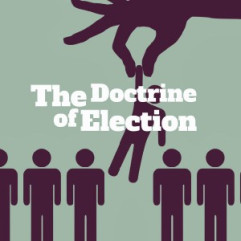Doctrine Of Election Under English Law

Doctrine of election states that when a party transfers a property over which he does not hold any right of transfer and entailed in that transaction is the benefit conferred upon the original owner of the property such titleholder must elect his opinion to either validate such transfer of property or reject it.
Doctrine of election under english law. Under any instrument if two rights are conferred on a person in such a way that one right is in exchange for the other he is bound to choose choose only one of them. Section 35 of the transfer of property act 1882 incorporates the doctrine of election. The foundation of the doctrine of election is that person taking the benefit of an instrument must also bear its burden it is a breach to the general rule that one cannot blow hot and cold at the same time.
The election by the owner can either be direct or indirect. A person cannot take under and against an equivalent instrument. Doctrine of election election means choosing between two alternative rights or inconsistent rights.
The law presumes that the author of the instrument intends to give effect to every part of it. Election means choosing between two alternative rights or incompatible rights. He has to be aware of his duty to elect and.
Upon rejection the benefit shall be relinquished back to the transferor. Though in case of an indirect election the acceptance of the benefit by the original owner is subject to two conditions. Section 35 of transfer to property act 1882 incorporates the doctrine of election.

















